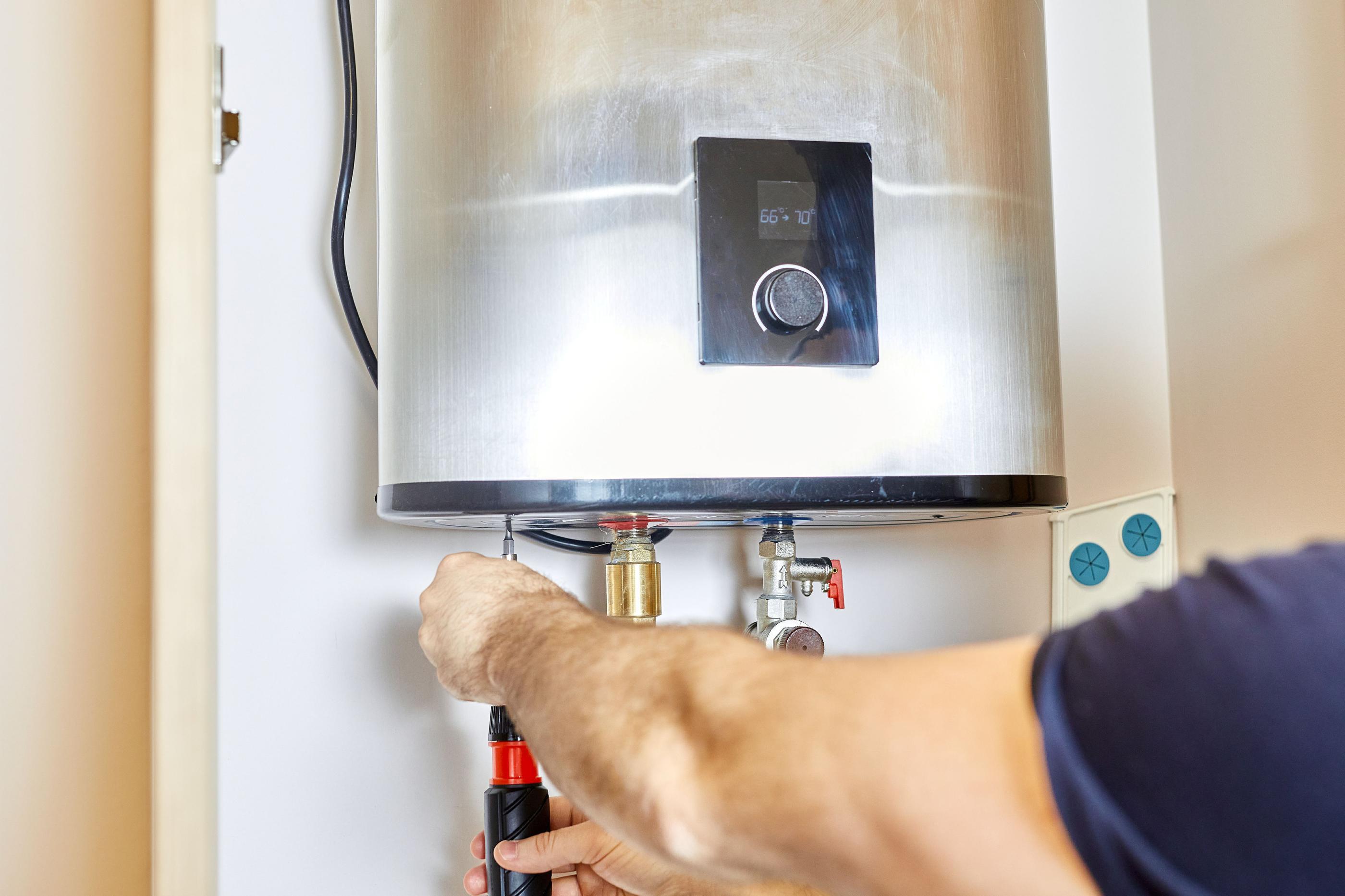
This city is known for environmentally conscious residents, a growing appetite for energy-efficient home solutions, and a moderate climate. One upgrade catching the attention of many households is the tankless water heater. These compact units can offer lower energy bills, reliable hot water, and improved efficiency compared to traditional tank models. But are they truly advantageous for Redmond homeowners? That depends on your home’s setup, usage habits, and priorities.
What Is a Tankless Water Heater?
Tankless water heaters, also known as on-demand water heaters, only heat water when it’s needed. A traditional storage tank model keeps a large volume of water hot at all times, which means it’s constantly reheating. In contrast, a tankless system activates only when you turn on a hot water tap, rapidly heating the water as it flows through a heat exchanger. These units can be powered by electricity or natural gas. Either way, the system delivers hot water directly to your taps without the need for a large storage tank.
Key Advantages of Tankless Water Heaters in Redmond
Redmond’s lifestyle trends and climate make tankless water heaters appealing for several reasons.
Energy Efficiency
Tankless systems are typically more energy-efficient than traditional tank models. According to the U.S. Department of Energy, homes using 41 gallons or less of hot water per day can improve efficiency by 24–34% with a tankless unit. For households with higher usage, the savings are still possible but often in the 8–14% range. For a community like Redmond, where sustainability is a priority, this translates to reduced environmental impact and potential monthly bill savings.
Reliable Hot Water
One of the biggest selling points of tankless water heaters is a steady supply of hot water — as long as demand stays within the unit’s capacity. This can be especially useful for families who stagger showers, run appliances at different times, or simply want to avoid the frustration of a tank running cold. In homes with higher simultaneous demand, adding a second unit or choosing a higher-capacity model can help prevent lukewarm output.
Space-Saving Design
In Redmond’s increasingly dense neighborhoods, space is valuable. Tankless water heaters mount on a wall — indoors or outdoors — freeing up floor space for storage or other uses. This can be especially beneficial in smaller homes, condos, or remodels where utility space is limited.
Longer Lifespan
Tank water heaters generally last 8–12 years, while a tankless unit can operate for 15–20 years with proper maintenance. That longer service life can reduce how often you need to budget for replacement.
Reduced Risk of Major Water Damage
Because tankless systems don’t store large volumes of water, there’s far less risk of a sudden tank rupture flooding your home. While leaks can still occur at fittings or components, the absence of a 40–50 gallon storage tank greatly reduces the potential for significant water damage.
Are There Drawbacks to Consider?
Tankless water heaters offer many benefits, but they’re not the perfect fit for every household.
Higher Upfront Cost
A tankless water heater can cost two to three times more than a traditional model, especially if retrofitting is needed to update plumbing or electrical capacity. While many homeowners recover the cost through energy savings over time, the payback period depends on your household’s hot water usage and utility rates.
Flow Rate Limitations
A single tankless unit can only heat so much water at once. In large households or homes with multiple high-demand appliances running together, you may need a larger-capacity unit or more than one system to keep water hot.
Maintenance Requirements
Even with Redmond’s relatively soft water, minerals can still accumulate inside the unit. Regular flushing or descaling is needed to prevent scale buildup and keep the system operating efficiently. This maintenance is straightforward but important for long-term performance.
Climate Considerations for Redmond, WA
Redmond’s mild, wet climate is favorable for tankless system performance. In very cold climates, low incoming water temperatures can strain the system, but Redmond’s groundwater temperatures are moderate enough for most units to maintain steady output. Because the area sees frequent overcast skies and rain, electric-powered models may be a more practical choice than solar-based systems, while gas-powered models can offer strong performance year-round in homes with safe, reliable gas service.
Utility Costs and Energy Incentives
Heating water only when it’s needed can lower monthly bills, especially for smaller households or those with staggered water use. Some Washington state programs and local utilities offer rebates or incentives for installing energy-efficient appliances like tankless water heaters. Checking current availability can help offset the initial cost.
Is Your Redmond Home a Good Fit?
Whether a tankless water heater is right for you depends on your household size, hot water habits, existing infrastructure, and budget. Smaller homes with intermittent hot water use often benefit most from a single tankless unit, while larger homes may need a multi-unit or hybrid approach. Homes that already have sufficient electrical capacity or gas service will have an easier installation process.
A Variety of Benefits
While a tankless water heater may have a higher upfront cost and require occasional maintenance, the improved efficiency, space savings, and long-term reliability make it a strong option for many Redmond households. At Benjamin Franklin Plumbing®, we install and service tankless water heaters, as well as bathtubs, sinks, faucets, showers, and water treatment systems. We also handle water lines, leak detection, and other plumbing services.
Contact us today to find out if a tankless water heater is the right upgrade for your home.

 Your Privacy Choices
Your Privacy Choices